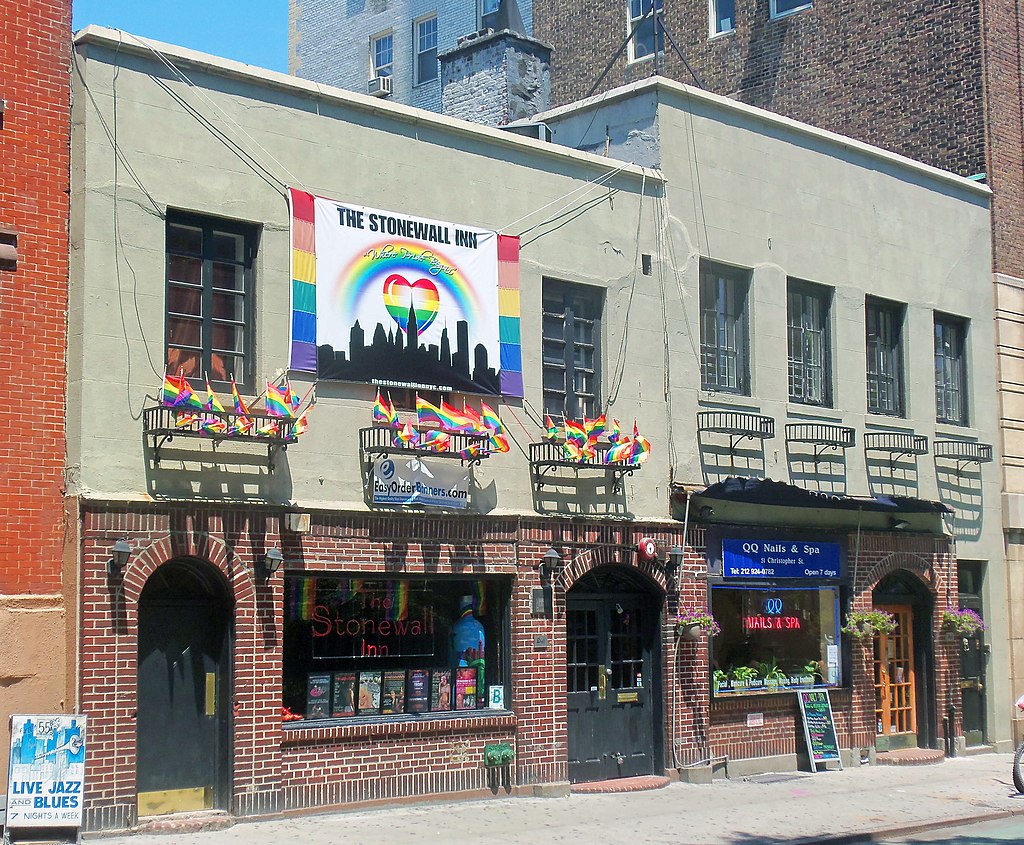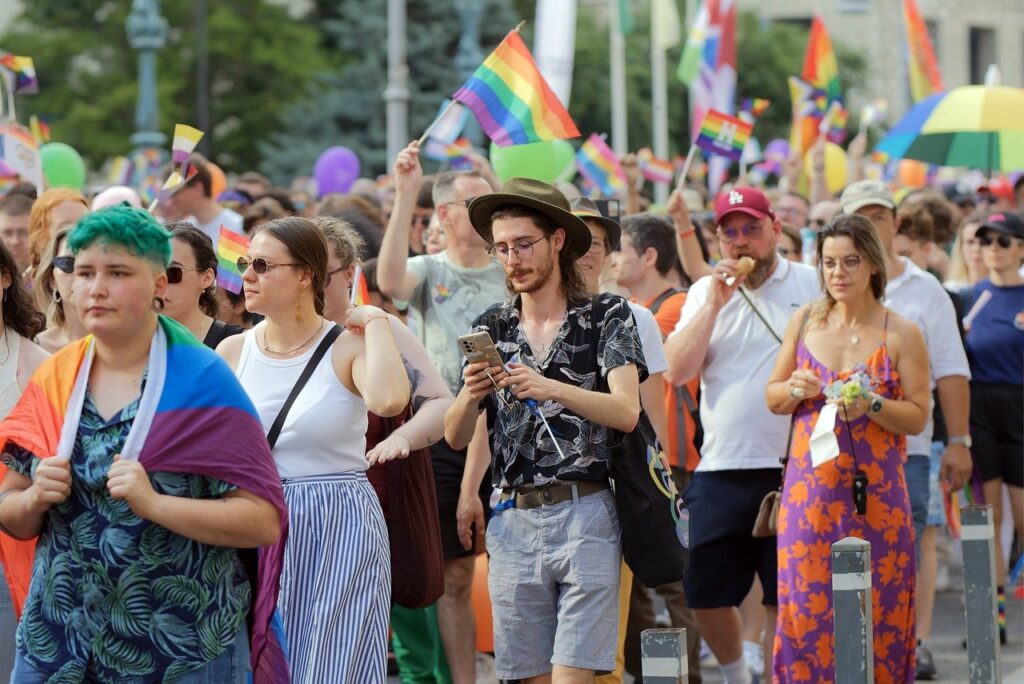Successes and failures of LGBTQ+ Pride

On 28 June 1969, police raided a gay club in Greenwich Village, New York. Not an unsurprising event – it was still illegal for men to dance together in a nightclub, let alone have consensual sexual relationships, and “masquerading” as the opposite sex, for example, as a drag queen, was also a crime. A club such as Stonewall, which was attended mostly by Black and Latinx men and drag queens, was somewhere the police expected to close down without incident. Instead, the anger of the racially and sexually oppressed erupted into a riot, in turn spawning further riots and protests across the city. The riots focused national attention on the social injustice faced by homosexuals in America and sparked the conversation about tolerance and equality that has seen so much change until today.
Read more about the Stonewall Riots and its legacy.
The question now is how far LGBTQ+ Pride marches have deviated from their revolutionary roots, whether they stand for anything anymore, and what the loss of heartfelt activism means for the future of LGBTQ+ people. I will try to answer these questions, highlight some ways that LGBTQ+ equality and other minority equality movements have gone astray, and try to find effective alternatives that we might pursue.
The commercialisation of pride
Many argue that modern LGBTQ+ Pride parades have become little more than a celebration of relative freedoms. They annoy many straight, cis-gendered people because they draw attention to a minority having fun and make them feel left out. This is deeply unhelpful and does not reflect the need for or meaning of Pride today. It has become an excuse for businesses to engage in “pinkwashing”, selling rainbow decorated merchandise and claiming affinity with oppressed groups without engaging in practices that ensuring equity and a sense of belonging for LGBTQ+ people in their organisations or supply chains. Famous LGBTQ+ rights campaigner Peter Tatchell has gone as far as to call for a small, earnest, politically aware Pride to “reclaim” the original meaning from the commercial festival it has become.
So is LGBTQ+ Pride more than a party?
The commercialised glitz and glamour of Pride marches and festivals in the west conceal and may actually be contributing to a slowdown in the movement towards inclusion and equity. Promoting tolerance of difference has been criticised as an end in itself because as we draw attention to differences – between sexual orientations, religions, ethnicities – and asks people to tolerate them. People are naturally watchful of how they are being treated compared to other groups and so the long and visible campaigns to attain something like equality for minority groups makes the majority fear that they are about to start losing out, particularly when equality comes nearer. In her book The tolerance trap, Suzanna Walters argues that what we should instead be working for is not just tolerance of difference but for recognition that the divisions in society are all arbitrary and divisive, that everyone is part of the same society and should be extended the same rights, privileges and responsibilities. It feels to many that this has been traded in for cheap words and merchandise.

Image credits:
Stonewall was a riot - CC BY 2.0 samchills, https://www.flickr.com/photos/samchills/5970154143/
Stonewall Inn 2012 with gay-pride flags and banner, CC SA 3.0 Daniel Case, https://commons.wikimedia.org/wiki/File:Stonewall_Inn_2012_with_gay-pride_flags_and_banner.jpg




Leave a Comment (note: all comments are moderated)